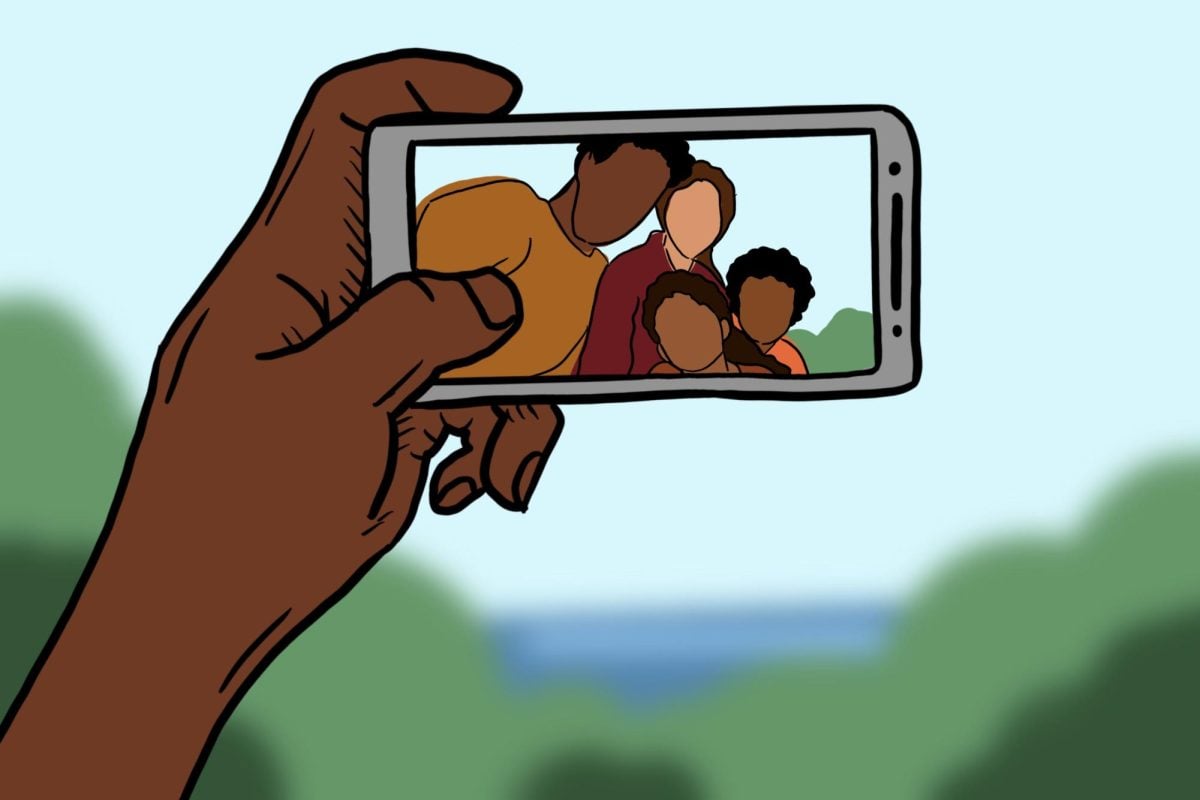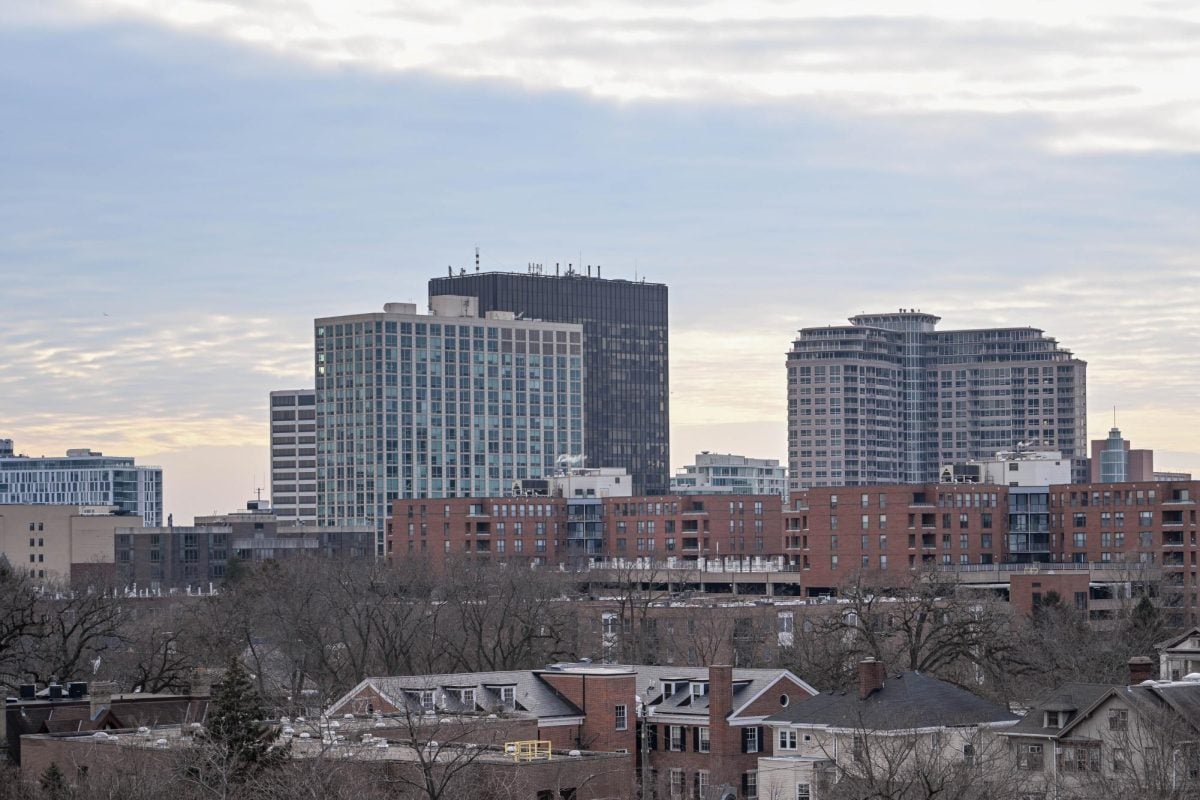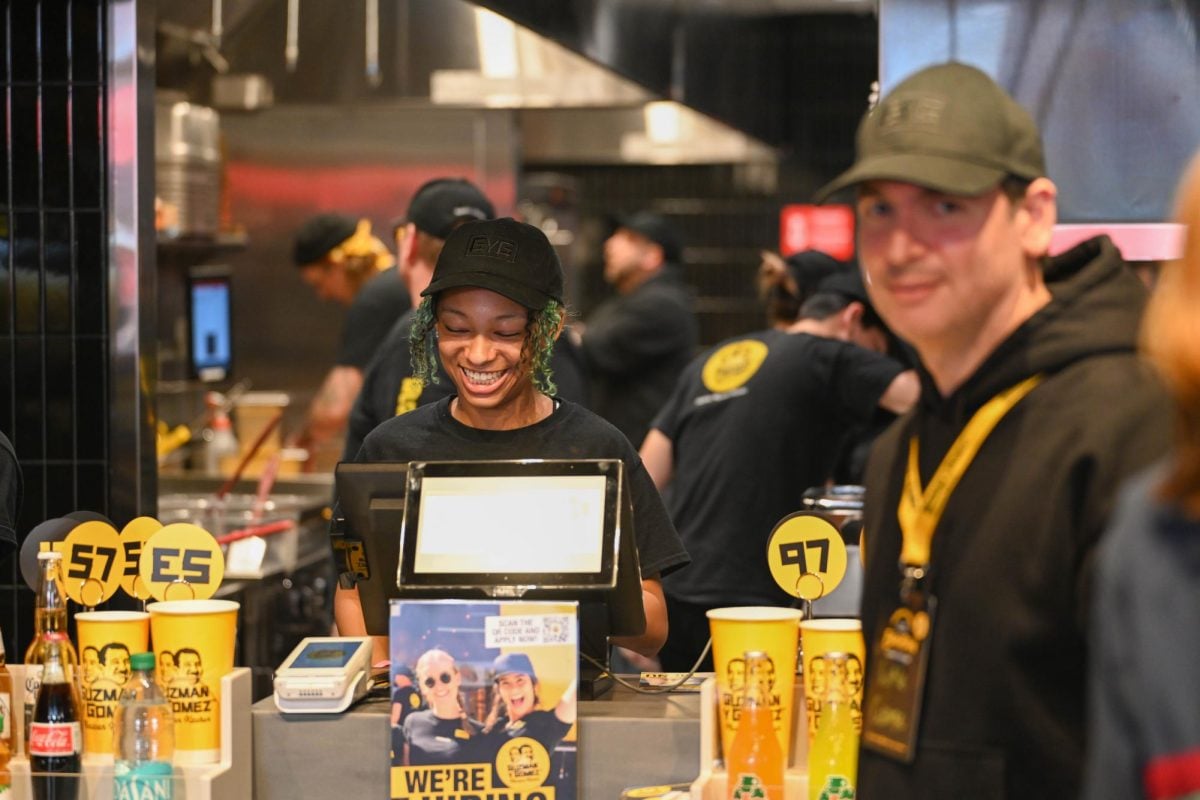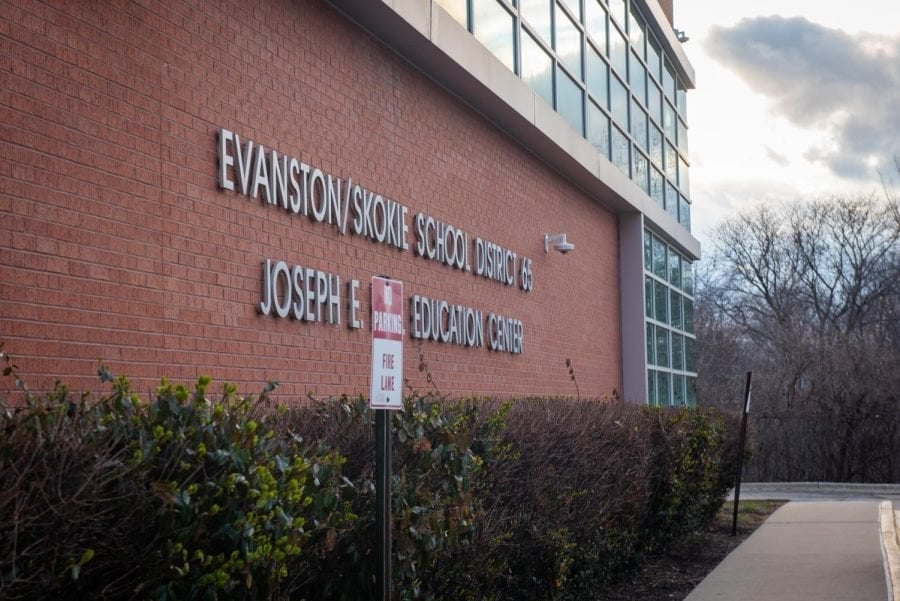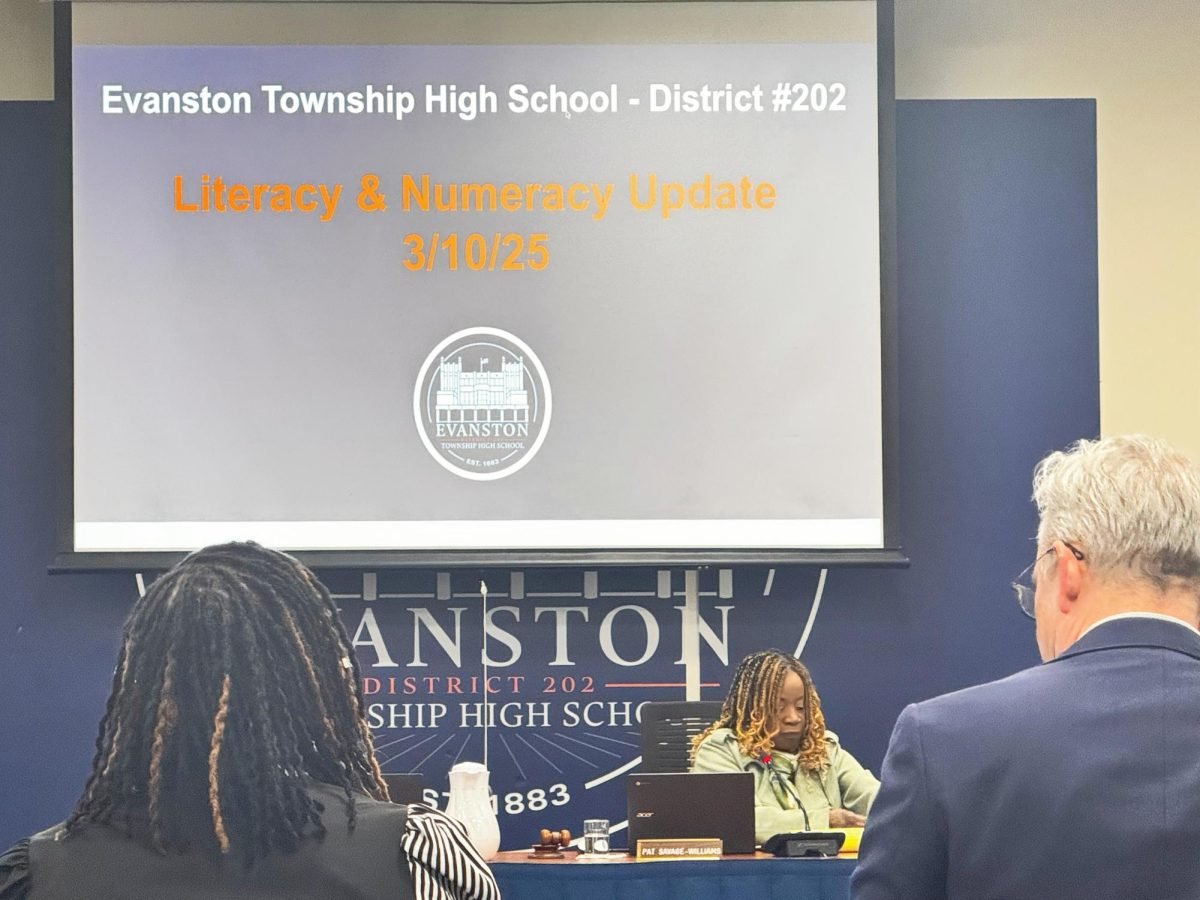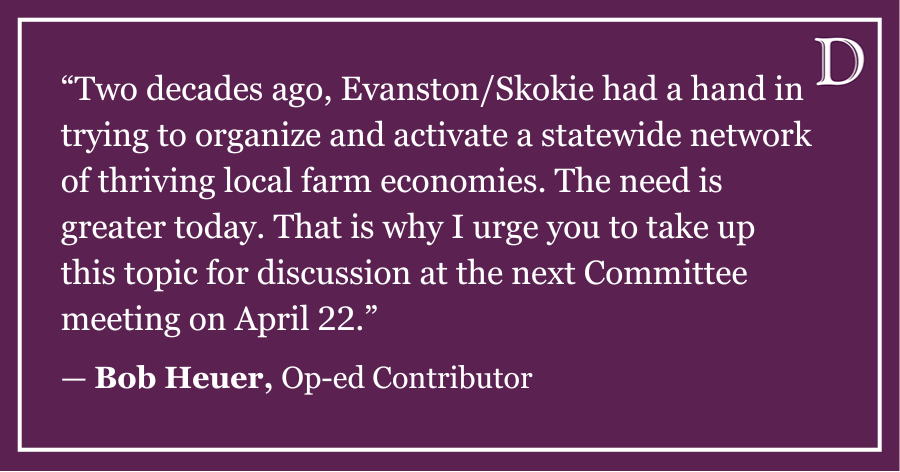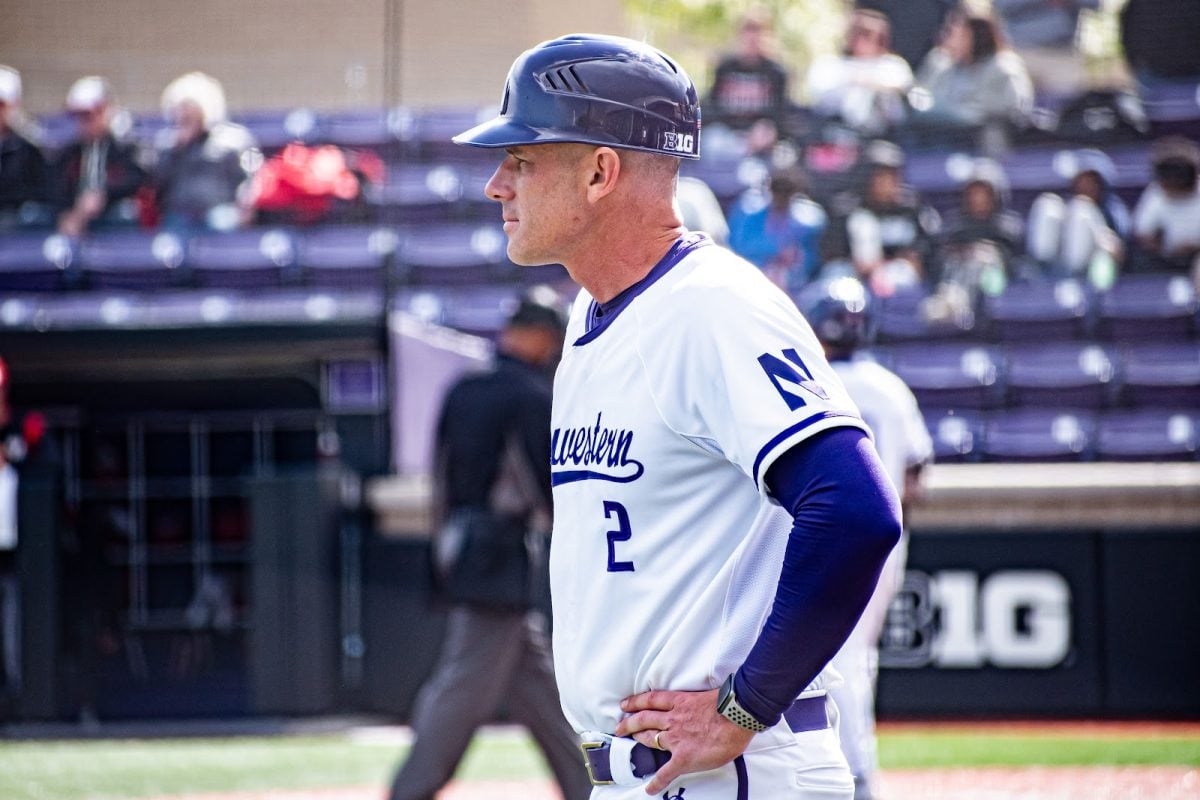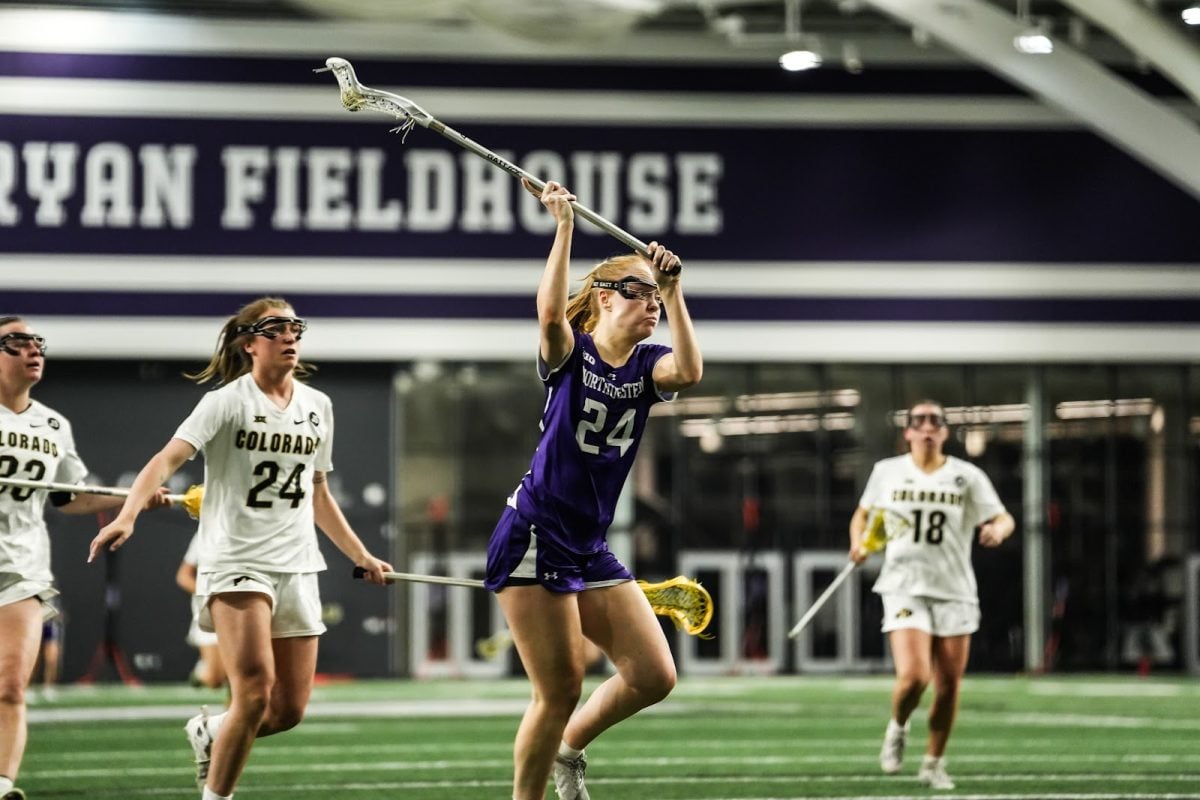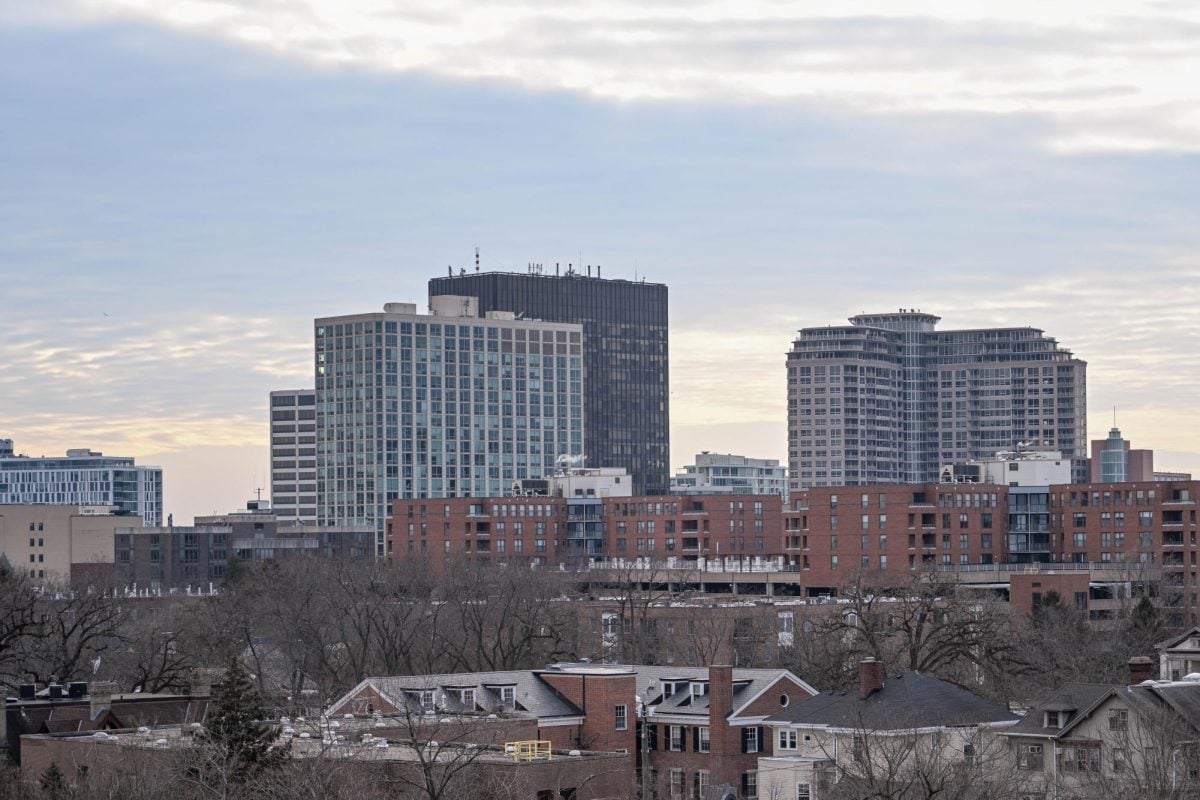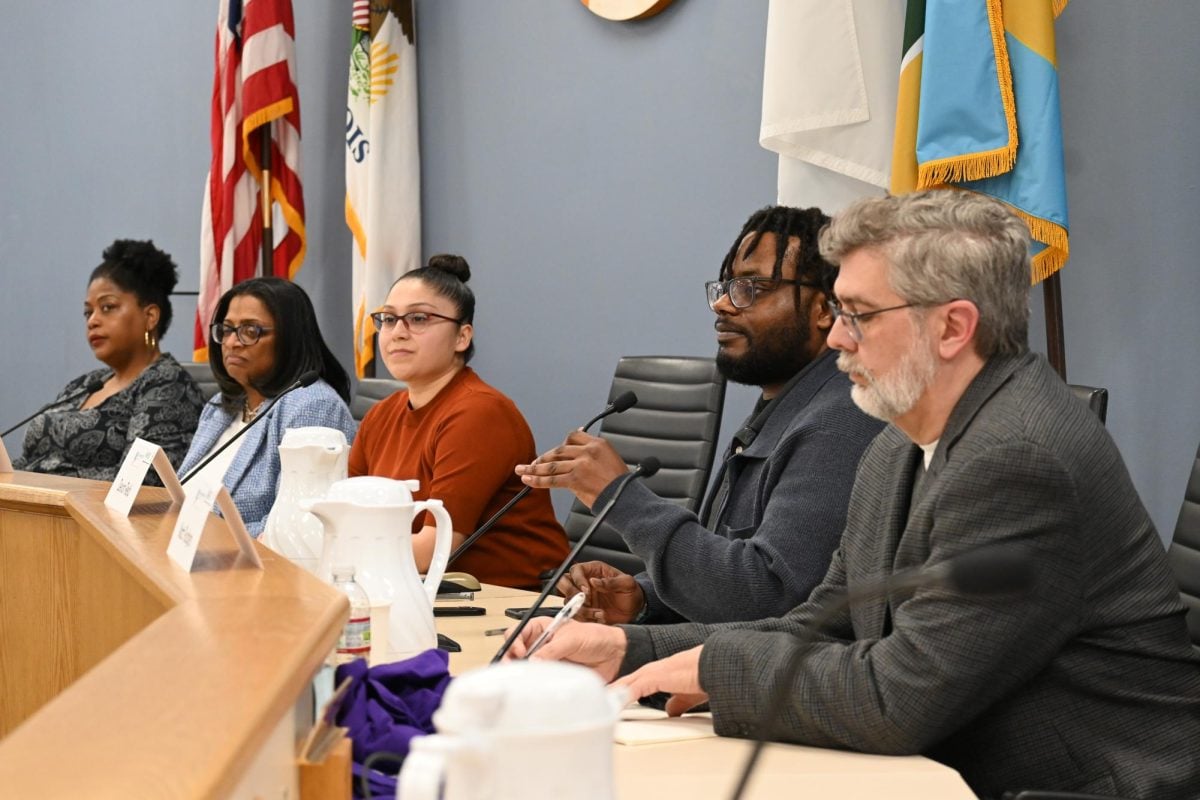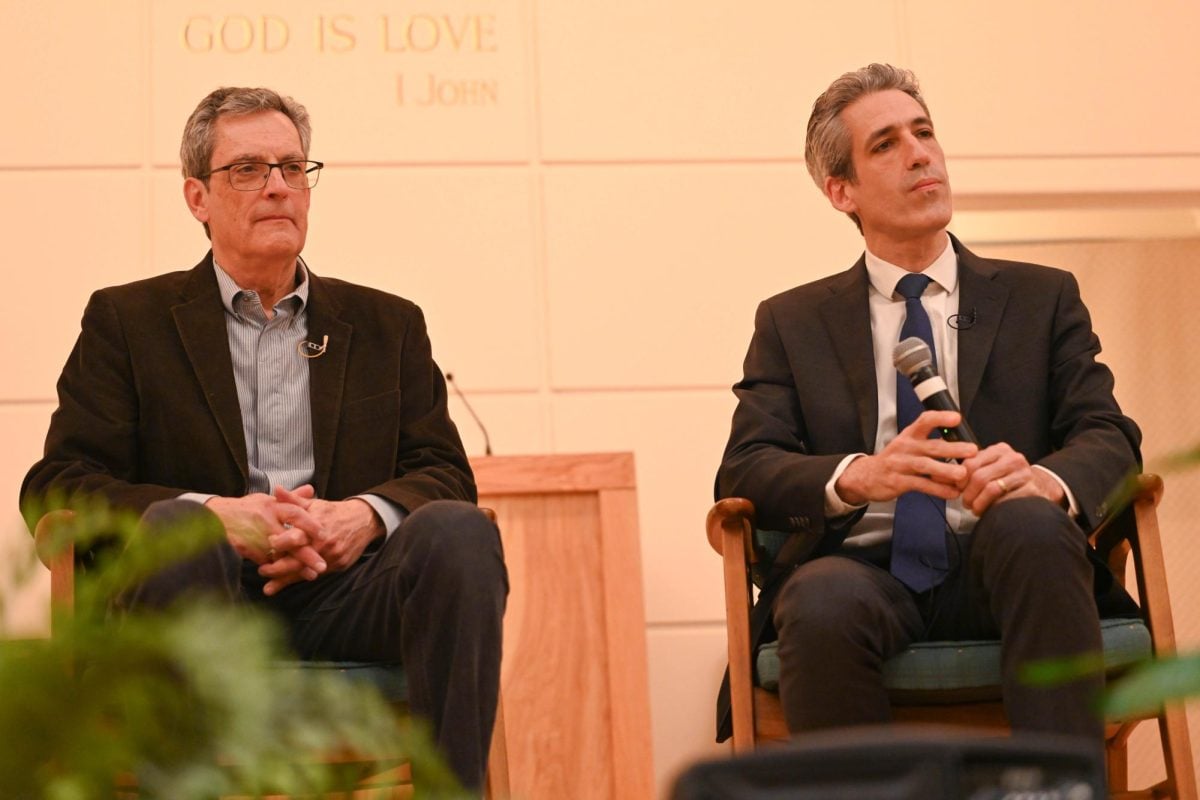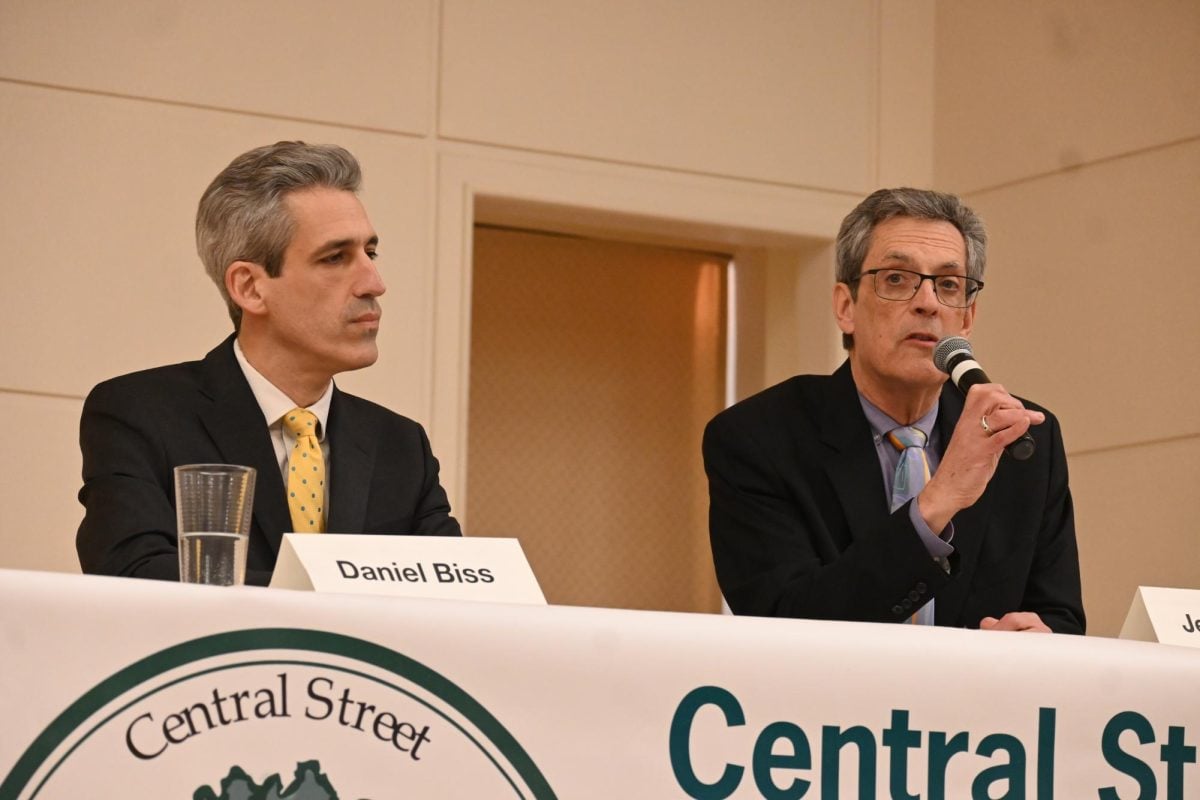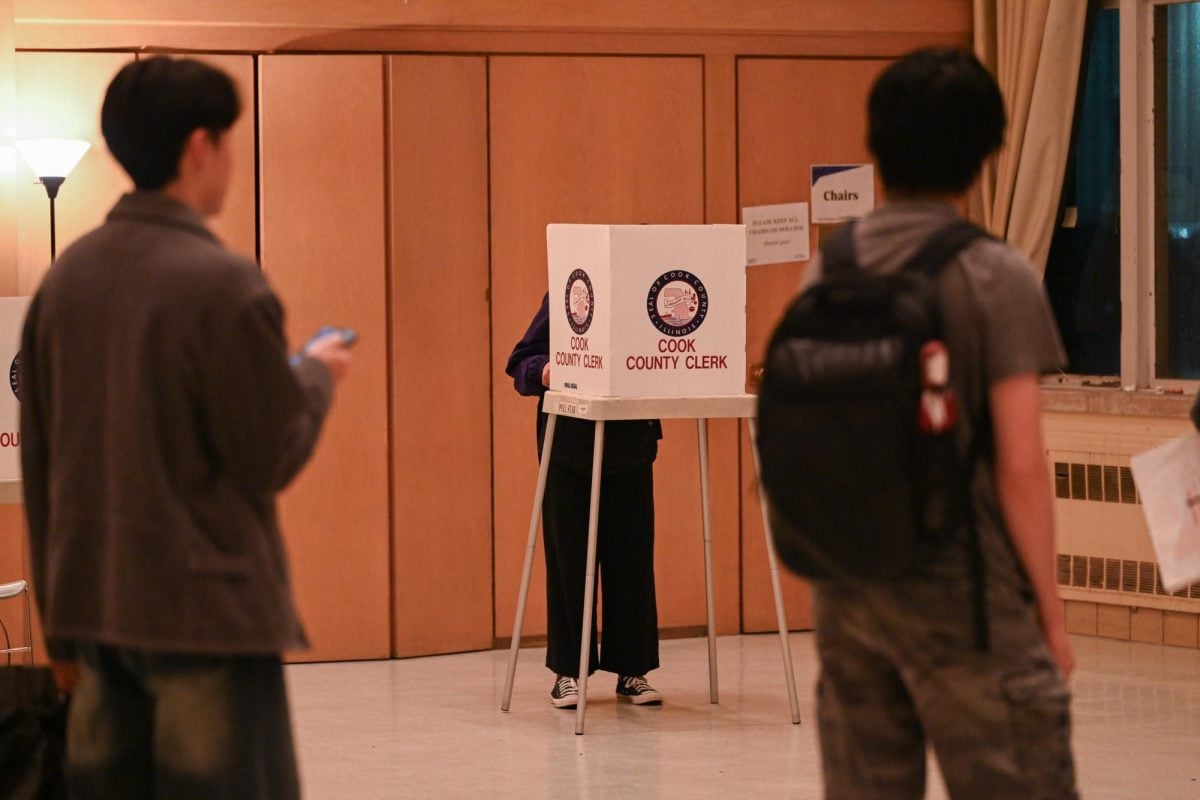Last month, Illinois became the first state to pass legislation that entitles the children of influencers to a percentage of their parents’ earnings from content they’re featured in.
Senate Bill 1782 amends the state’s Child Labor Law to protect children featured in online content. The law applies to children featured in 30% of their parents’ content over a 30-day period. It requires influencers to share their earnings with children featured in the content if it earns at least 10 cents per view.
The funds must be set aside into a trust fund, accessible to children when they turn 18 or are emancipated. If their earnings aren’t set aside, the law grants them the ability to sue their parents. The law was signed by Gov. J.B. Pritzker in August and will go into effect in July 2024.
State Sen. David Koehler (D-Peoria), who sponsored the legislation, said the rise of family-related “influencing” has led to the need to protect children shown in content.
“This is one of those things that really kind of took off and is now kind of a mainstream occurrence within social media,” said Koehler. “We need to have legislation that puts some safeguards in place.”
Johanna Grange, a Chicago-based content creator and co-founder of social media agency Oak Street Social, said she supports the bill’s entitling children to a percentage of the earnings, but not with the means of legal action.
“I struggle a little bit with the suing spot, just simply because parents worked their tails off to provide for their families,” said Grange. “On the flip side of things, I think it’s really important to include them in the conversation so that you’re not featuring content that makes them uncomfortable.”
According to data from the University of Pennsylvania’s Annenberg School for Communication, influencing has evolved into a multi-million dollar industry “Mom influencers” ― content creators who mainly feature their children and family on social media ― account for 30% of the total.
Grange, who said she doesn’t feature her own children online without their permission, noted that many parents do profit off their children on social media.
“I do think that there’s a lot of situations out there where parents are cashing in on their kids, and that’s super sad,” Grange said.
The Illinois legislation is modeled after California’s Coogan Law, which is named after child actor Jackie Coogan and protects child performers by placing 15% of their earnings into a blocked trust account.
Sociologist and Brown University Prof. Hilary Levey Friedman wrote an article in October 2022 calling for the expansion of the Coogan Law to protect different types of child performers.
“I’d love to see more states passing Coogan laws, not just protecting child performers, but also including reality TV performers and kids performing and earning on social media,” Friedman told The Daily.
Some states, like Washington, are looking to pass legislation similar to Illinois to strengthen child labor laws. Yet, others are taking steps to loosen these regulations. Iowa passed a bill to extend allowable working hours for children in May.
Friedman said the Illinois legislature is “forward thinking” in leading the fight to protect child performers, moving ahead of states with larger entertainment markets like New York and California.
Koheler said he hopes Illinois’ efforts will encourage other states to take action.
“We were right in doing something about this sooner rather than later,” Koheler said. “It will be a model and others will follow.”
Email: katewalter2025@u.northwestern.edu
Twitter: @katewalter03
Related Stories:
— Illinois becomes first state to eliminate cash bail
— Evanston’s state representatives’ biggest accomplishments in 2023 legislative session

